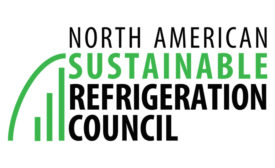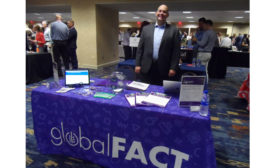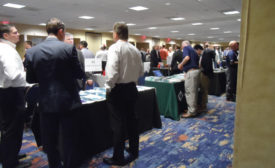Refrigeration
Government authority questioned on Section 608
Read More
Supreme Court Refuses HFC Refrigerant Case
With the last legal challenge exhausted, the future of HFCs remains unclear
Read More
Conference Tackles Challenges for Food Retailers, HVACR Contractors
Supermarkets must respond to customers’ changing needs or be left behind
Read More
Don’t Just Walk Away From Difficult Refrigeration Repairs — Fix Them
Technicians must find solutions to challenging service problems
Read More
Copyright ©2024. All Rights Reserved BNP Media.
Design, CMS, Hosting & Web Development :: ePublishing











